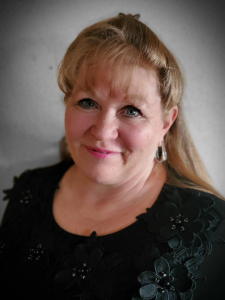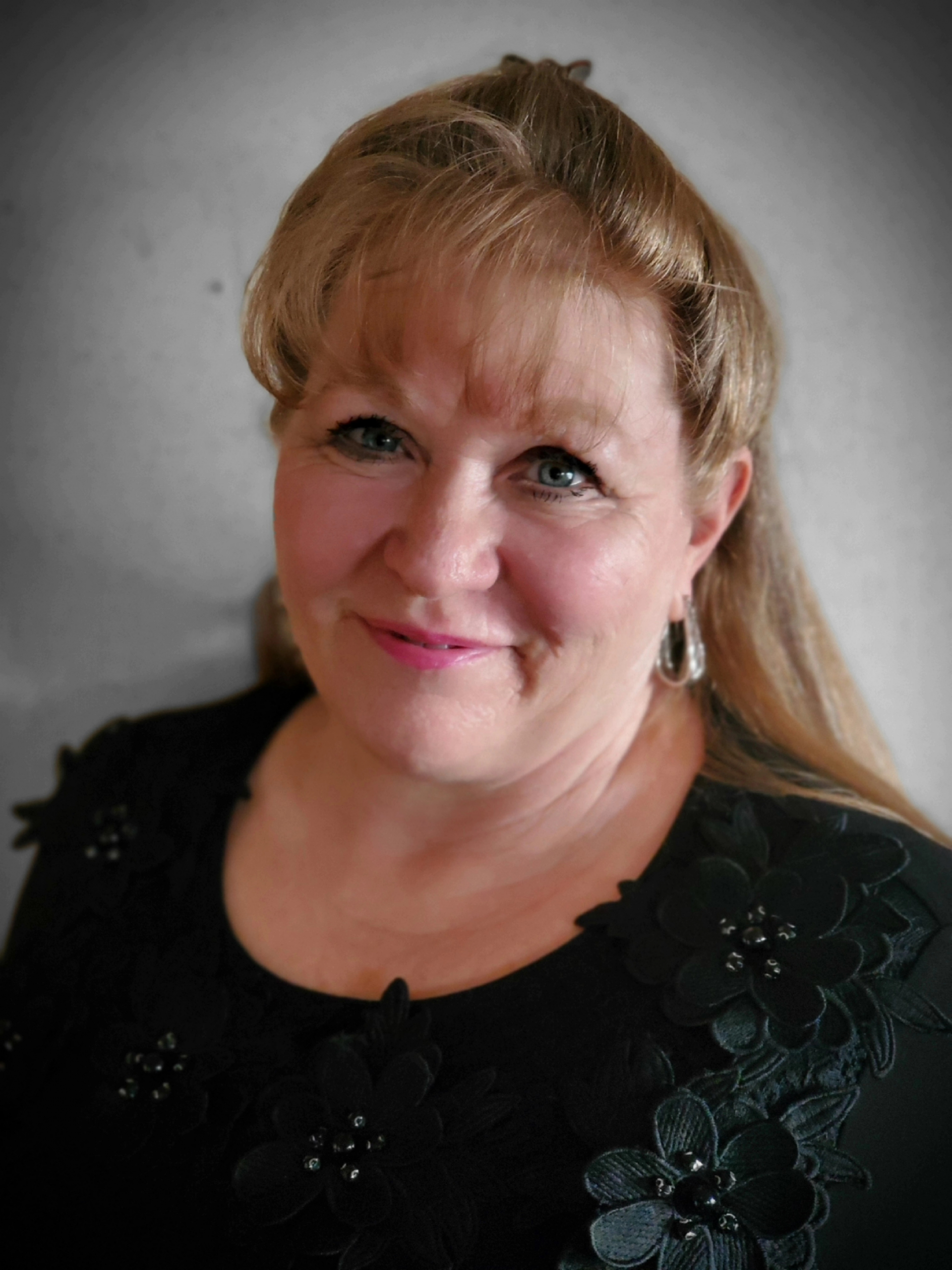Meet Vickie Thomas, director of the Center for Workforce and Community Development at Eastern New Mexico University – Roswell. The Techniques interview with Thomas appears as part of a digital-exclusive spotlight series on fellows in the Postsecondary Leadership Success Program at ACTE – Sponsored by ECMC Foundation.

What leadership skills do you hope to develop as part of the Postsecondary Leadership Success Program at ACTE – Sponsored by ECMC Foundation?
I am so grateful for this professional opportunity. And I would like to focus on three areas to increase my skills as a leader:
- Interpersonal skills
- Team building skills
- Visionary planning skills
Now, more than ever, we must be able to interact with a variety of people in a variety of settings to grow CTE. And I look forward to practicing and building on my interpersonal skills this year. Similarly, team building is vital for the success of any project. The more cohesive and high functioning the team, the better the outcome.
I am interested in developing skills to create teams where everyone is a functioning member with open communication. In cohesive, functional teams, members think outside the box to devise creative approaches and solutions. Lastly, it is important for career and technical education (CTE) to be visionary in its approach to training. CTE is vital for the future of our country and will provide many high-wage jobs. It will require visionary planning among leaders to plant this seed in our current and future workforce.
In what ways have you innovated to engage students >amp; inspire colleagues in CTE through the COVID-19 pandemic?
The first thing I felt when the pandemic started, and I was sent home to work? Panic. We were in the middle of so many things — and they were going so well. I knew it would be difficult to keep these projects going in a remote environment. I had worked very little in Zoom or with any other virtual meeting software. Virtual meetings can be difficult. And, having sat through several, I knew I had to do something different.
So, I signed up for a class on how to lead virtual meetings. It was the best thing I could have done and well worth the investment. It made working virtually so much easier and allowed me to concentrate on projects and students and colleagues to get things done, rather than worrying about technology. I have practiced and shared what I learned so many times. This professional development allowed for some very meaningful conversations. And those conversations led to very interactive virtual meetings and more progress than I ever imagined on our projects.
Our education systems face many challenges in 2021. Please discuss the steps CTE can take to improve equitable access to high-quality CTE programs of study.
The focus of education, and not just CTE, must be equity. Not all students need the same things to succeed. And many of them don’t know what kind of help to ask for. There are also students who will not ask for help, even if they do know what they need. As CTE educators, we need to keep our ears and eyes open and truly see our students. Talk to current and prospective students. Get to know them and learn about what they need to be successful. Then provide them with the contacts to get assistance.
Additionally, it is important to align our CTE programs with the needs of the local workforce. Doing so helps to ensure that students have high-wage jobs waiting for them when they complete their education. Our world is changing rapidly so it will be important for CTE educators to encourage students to be lifelong learners. Encourage them to start out with a certificate, and get another certificate, maybe a degree… Keep learning and growing in their chosen career field.
Learn more about the Postsecondary Leadership Success Program at ACTE – Sponsored by ECMC Foundation.
Please also meet:
- Tiffanie Rosier, STEM education coordinator at Northern Virginia Community College
- Tachaka Hollins, assistant vice chancellor for academic affairs at the Tennessee Board of Regents
- Tracey D. Cooper, executive director of nursing at Temple College
- Bernie Phelps, director of Perkins, Perkins Rural Reserve and dual enrollment at Montana Technological University, Highlands College
- Moira Lafayette, dean of health sciences and public safety at Blackhawk Technical College
- Brad Kinsinger, director of the Global Agriculture Learning Center at Hawkeye Community College
- Eric Sewell, director of technical education at Southern Union State Community College
- C.J. Wurster, district director at Maricopa County Community College District
- Katie Vincent, director of workforce partnerships at Owensboro Community and Technical College
- Xue Xing, assistant professor of teaching and learning at University of Nevada, Las Vegas
- Aleksander Marthinussen, program manager with NOVA SySTEMic at Northern Virginia Community College
- Martha Payan-Hernandez, director of CTE at Fullerton College
- Dan Adams, former CTE administrator and current stay-at-home dad
- Ashlee Spannagel, dean of CTE and workforce development at Southeastern Community College
- Darlene O’Rourke, Perkins grant director and officer at Queensborough Community College
- Shelsi Barber-Carter, CTE coordinator at Baton Rouge Community College







